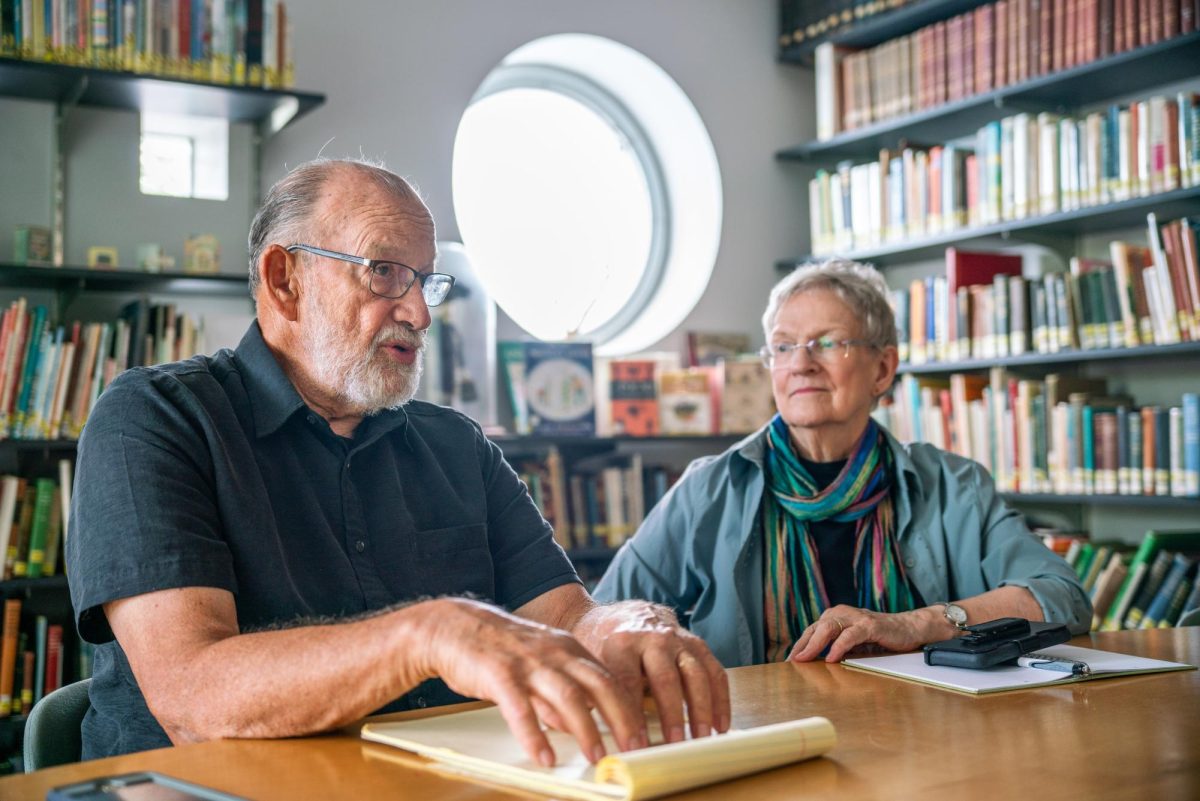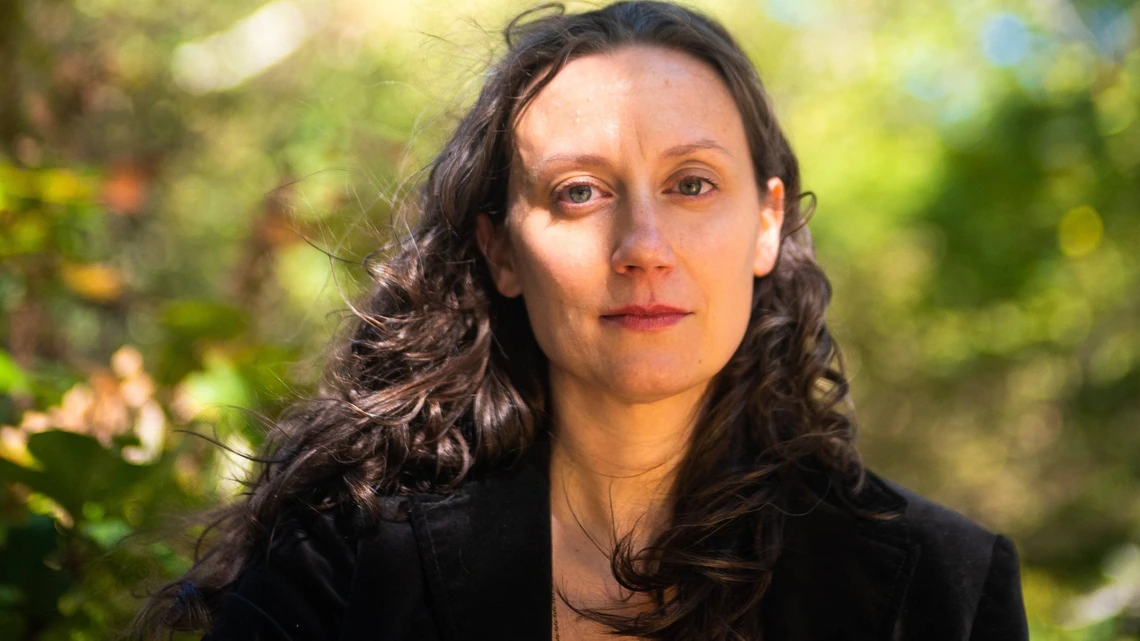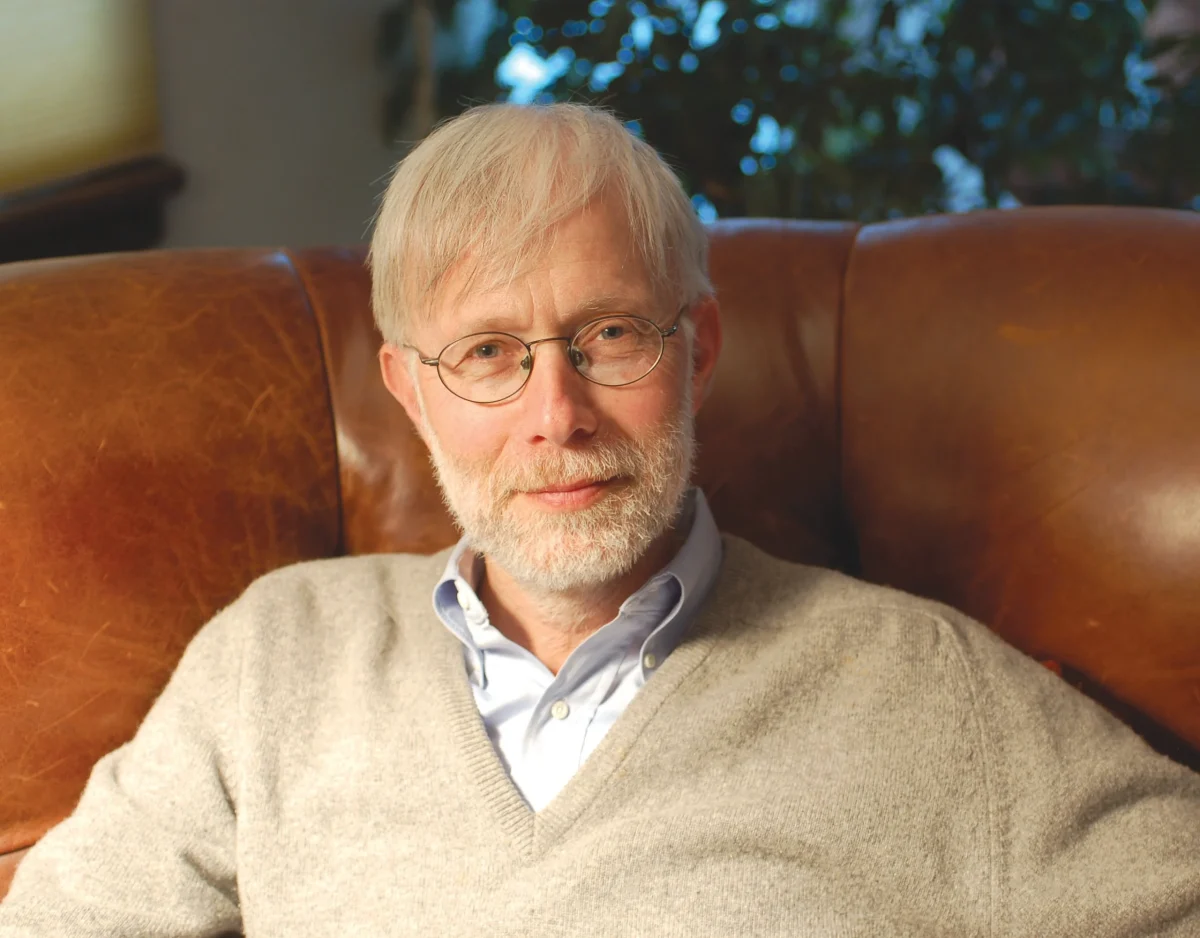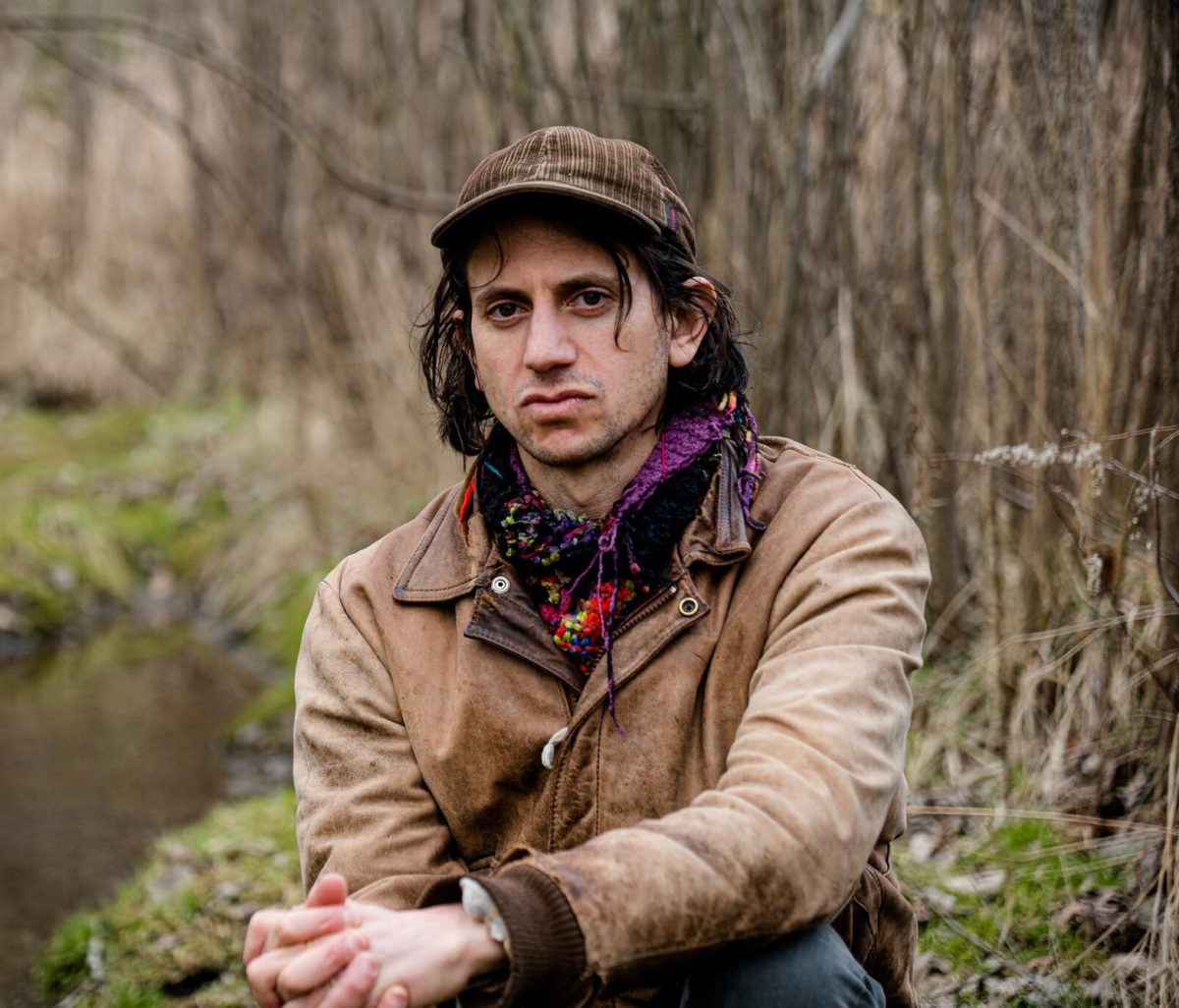A longtime resident of Oberlin, Karen Schaefer has been a reporter for radio, print, and broadcast television for 30 years. She has worked for WCPN-Cleveland, Environmental Health News, Daily Climate, and as a freelancer. She’s had pieces published in the Cleveland Plain Dealer, Oberlin News-Tribune, and has had work broadcast nationally and on international programs.
This interview has been edited for length and clarity.
What has your experience reporting in Oberlin been like?
While working part time for WCPN in Cleveland, I had started digging into Oberlin’s African-American history, and then Hudson and Sandusky and Ashtabula, and across the lake in Ontario where the Underground Railroad ended. I wrote quite a lot of fairly in-depth pieces about different aspects of Oberlin’s Black history and Underground Railroad history for the Oberlin News-Tribune. I think that made a huge difference to the start of Oberlin’s Juneteenth festival, which has now become quite a tradition, as it’s the longest, oldest Underground Railroad festival in Northeast Ohio, and it predates anything in Cleveland.
In the past you’ve been a part of efforts to start a new publication in Oberlin. Tell me about that experience.
A couple of years ago, I sat down in the Oberlin Public Library with other journalists. We talked for a couple of hours about how we could start an online newspaper. How would we fund it? How would we find the right people to contribute to it? We came up with some ideas and we thought we were getting somewhere, we had several meetings. It just didn’t get off the ground. The big problem with that is funding, somebody in there has to be paid for the work they do.
Can you tell me about the beat of environmental journalism?
Reporting on the environment is just sometimes interpreted as being an activist and that’s not the case. It involves reporting on what human beings are doing to the environment or what the environment is doing to human beings. It works both ways, but what’s interesting to me about environmental journalism and reporting is that it touches on every aspect of everything. It’s about politics, it’s about science, which right now science and politics are not topics people want to touch with a 10-foot pole. It’s about energy and it’s about food and obviously air and soil and water quality. There’s so many different ways to approach these things and I wish there were more.
What advice would you give to students interested in a career related to environmental communication?
I’ve been a member of the Society of Environmental Journalists, which is an international group of journalists who do nothing but report on environmental issues. That is probably one of the best resources for students to learn more about how to report that way. There, they will find all kinds of information about what kinds of stories to cover, how you cover them, and ideas that are coming from all over the place. Another place that would be great for journalists who are interested in environmental studies is The Ohio State University Stone Lab summer project. The staff there know how to communicate science, a very complex science, in a way that is remarkable. Even going to their website and taking a look at what they’re doing, they put out a quarterly newsletter called Twine Line and it’s really good. They can communicate what’s going on with Lake Erie and the complexity of it in a way I don’t see very often in scientists.
What are some pressing environmental topics in Oberlin that deserve more attention?
We need to assist people more with transitioning away from fossil fuel energy. Everybody should get off the gas lines. It has to happen very soon, like less than 10 years. The College and the City should come together at some point and talk about doing geothermal for the entire community.










